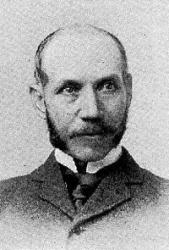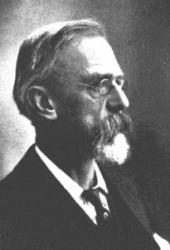Thanks for being a Hymnary.org user. You are one of more than 10 million people from 200-plus countries around the world who have benefitted from the Hymnary website in 2024! If you feel moved to support our work today with a gift of any amount and a word of encouragement, we would be grateful.
You can donate online at our secure giving site.
Or, if you'd like to make a gift by check, please make it out to CCEL and mail it to:
Christian Classics Ethereal Library, 3201 Burton Street SE, Grand Rapids, MI 49546
And may the promise of Advent be yours this day and always.


 My Starred Hymns
My Starred Hymns





